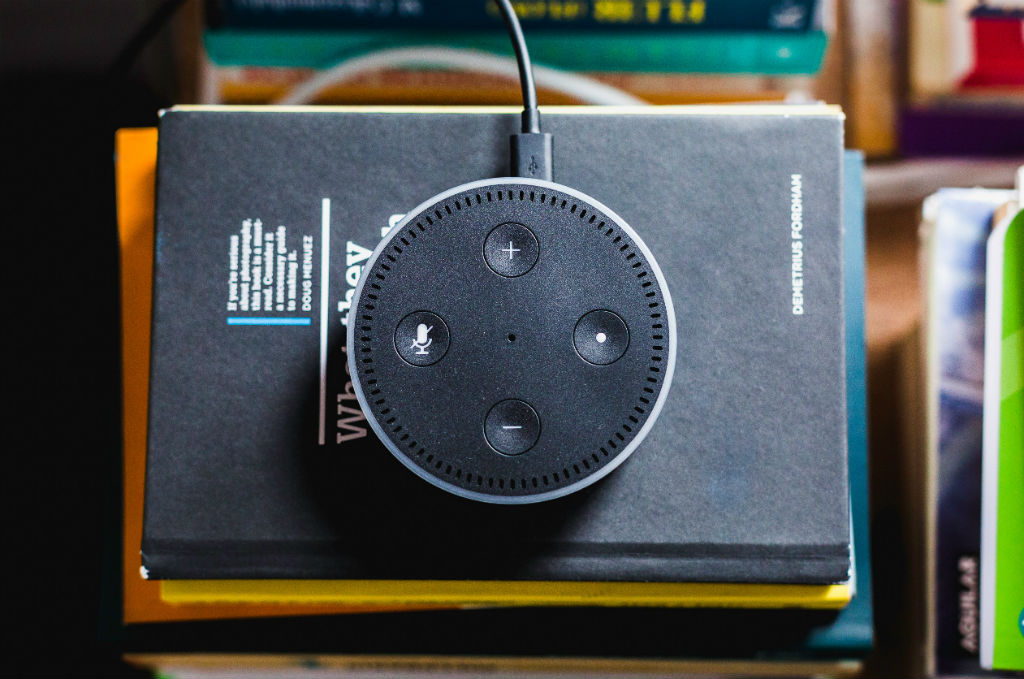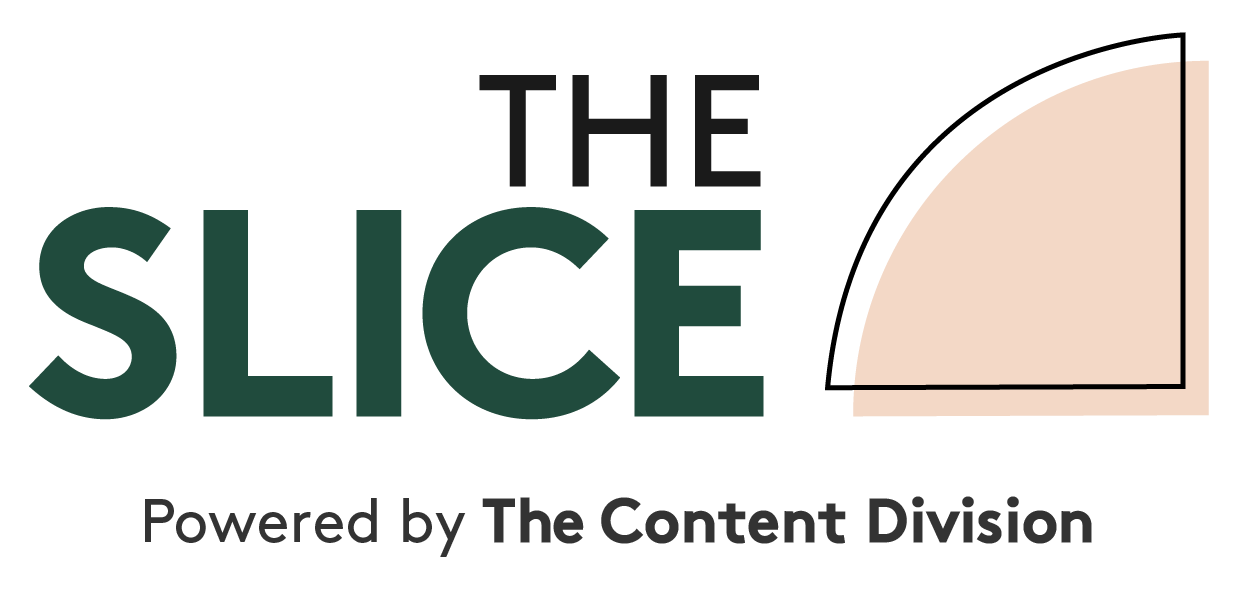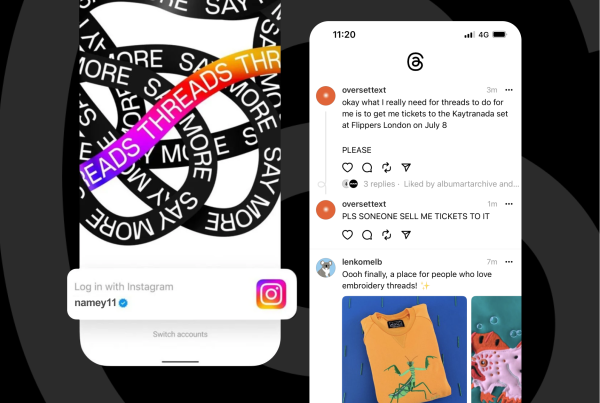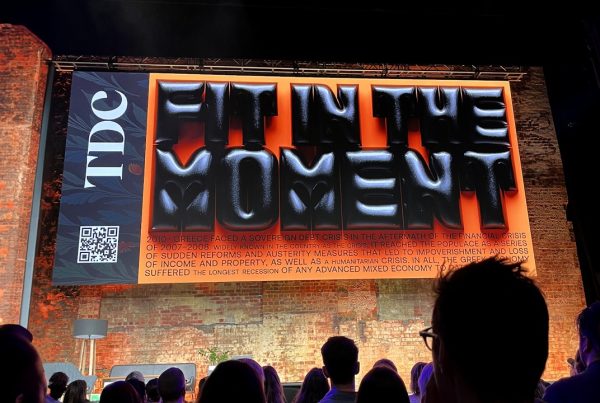
Artificial intelligence is not the future – it’s already here. But what the hell does that actually mean? And is it really relevant for marketers or is it more work than it’s worth?
The truth is some aspects and capabilities of AI are a bit take it or leave it. They sound cool, but wouldn’t really deliver meaningful business objectives just yet.
On the other side, some aspects are probably the exact customer-centric next steps you need to make your content and marketing activities more effective.
The benefits range from media bid optimisations that ensure the dollars you spend in your content amplification and retargeting go a long way, through to automating a completely personalised website for your audiences based on a number of triggers – in turn helping to engage customers, improve CX and draw out the positive actions you’re looking for.
Here are three ways AI can make a big, useful impact for marketers.
Adaptive and dynamic content can make your marketing deeply personal
Adaptive or dynamic content is utilising the various content and products across your site to create something unique for each person who lands on your website (and the rest of your automated marketing, for that matter).
It’s recognising a number of ‘contextual triggers’ – anything from recent email interaction, Google searches, social activity, place in the buyer lifecycle for a certain product and more – to tailor an action/experience specifically for the user.
How this differs from an If This Then That or MailChimp or Zapier trigger, which all work for simple marketing automation, is that it uses a multitude of data sources to make the system smarter. It actually learns about your customers rather than assuming from one action or profile.
There’s a really great example of how this works here, and how simple automation easily misses the mark:
So you can see in this case AI helps to recognise whether the behaviour is ‘normal’ or a one off action different to their normal interests. You can also see how wrong your automated marketing can be if you didn’t have all the necessary information (data!) and use it effectively.
An awesome example of this in action is implemented by online bank ING Direct Australia. The brand uses 100 contextual triggers a day to share personalised messages to 1 million prospects. That all takes place through website, email, SMS and in-store touchpoints to drive people further along the customer journey. S.M.R.T.
Voice search and bots can be legitimately helpful (and help promote your content) with AI
If you’ve ever tried to use Siri, Alexa or your Google assistant to do a task for you, you’ll know both the opportunities and flaws in voice search. Same goes for conversations with website bots.
AI is making these mediums more effective by using machine learning to understand search (written and spoken) to help search engines and websites respond more accurately.
We know words that are spelt the same can mean different things in different contexts. It’s understanding users habits and sentiment and responding appropriately to that.
And it’s an opportunity to get in on not just by optimising your content and digital assets for voice search or web search, but providing customers with the ability to interact with your brand verbally (and responding in a way that is helpful).
To put it quite simply, AI is making search of all types smarter – from your general website search, to your chat bot, to your voice assistant, and beyond.
AI driven social audiences and cognitive bid optimisation are changing digital reach
Another way artificial intelligence is helping marketers is in their media spend. If you’re managing your own budgets across social or digital platforms, AI can help to determine what is the most cost effective and tweak your budgets and content shown in real time.
For large companies (and small) the impact of this is huge. IBM uses this technology and has found that when they employ AI through their tool, Watson, they’ve had a 50% reduction in media spend with the same marketing result.
It takes the most effective ad content/artwork and promotes it to the most cost effective and relevant audience that is driving real, measurable results.
AI can also help you to build better social audiences. Just like Facebook’s lookalike audiences but smarter.
These are all content efforts that are being made more effective with the use of artificial intelligence. What we need to do now is knock down the barriers of entry.
For a simple introduction you could try IBM’s Watson. It’s free to give it a go. Get to it.





